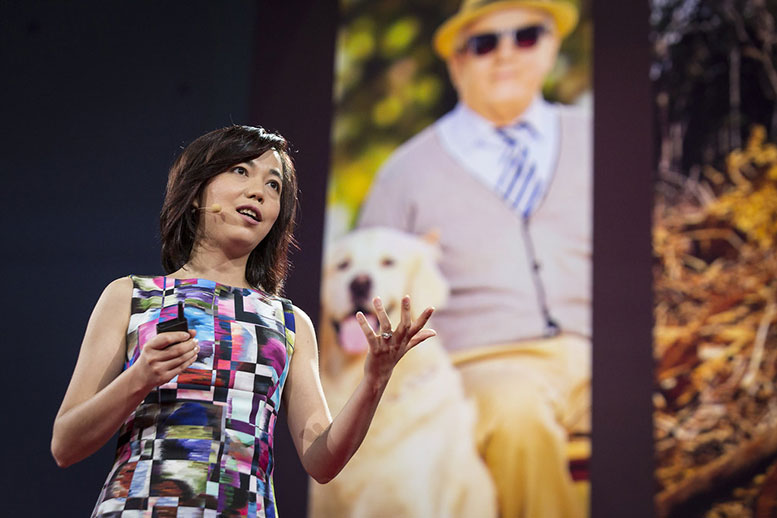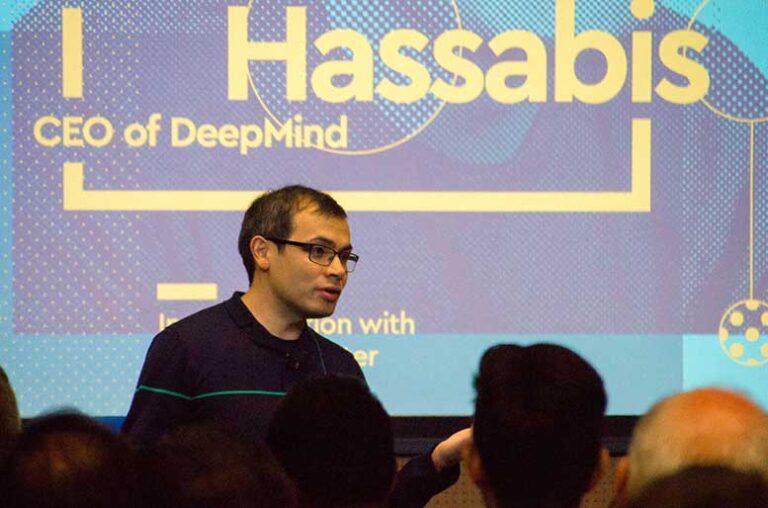Fei-Fei Li
Table of Contents
Fei-Fei Li is a Chinese-American computer scientist born in Beijin, China in 1976. She's a prominent figure in the artificial intelligence community and is known for creating ImageNet.
Education
Fei-Fei Li completed her undergraduate studies in physics at Princeton University, graduating with high honors in 1999. Following this, she pursued a Ph.D. in electrical engineering at the California Institute of Technology (Caltech), finishing in 2005.
She also holds an Honorary Doctorate Degree from Harvey Mudd College.
Fei-Fei Li Professional Career

Dr. Li began her academic journey at Stanford University, where she secured a tenure-track position. Her rise within the university was rapid. From 2013 to 2018, she led Stanford’s AI Lab.
Currently, she holds the title of Sequoia Professor in the university’s Computer Science Department and co-directs the Human-Centered AI Institute.
Between 2017 and 2018, Li took a break from Stanford to work at Google. During this time, she served as Vice President and Chief Scientist for AI and Machine Learning (AI/ML) at Google Cloud.
Academic Contributions
Li’s research focuses on several key areas: computer vision, machine learning, artificial intelligence, cognitive AI, deep learning, robotic learning, and AI in healthcare.
She has a particular interest in creating intelligent systems for healthcare, especially ambient intelligent systems for healthcare delivery.
In the past, she has also worked on cognitive and computational neuroscience.
ImageNet
A major contribution from Li is the invention of ImageNet and the ImageNet Challenge in 2010, a vast database of images used to train computer vision algorithms. ImageNet was crucial in advancing machine learning, deep learning, and AI.
Fei-Fei Li Publications
Li has authored over 300 articles among Journal Articles, Conference Proceedings, Featured Publications, and Books / Book Chapters.
Her work has significantly influenced the AI field, especially her book titled “The Worlds I See: Curiosity, Exploration, and Discovery at the Dawn of AI”, published by Macmillan Publishers in 2023.
To see a list of all her publications click here.
Leadership and Advocacy
Dr. Li is a prominent figure in the international AI community. She has held leadership roles in various AI organizations such as Stanford’s Human-Centered AI Institute where she is Co-Director, and AI4ALL, a non-profit organization she co-founded focused on increasing diversity and inclusion in AI education.
AI4ALL offers programs and resources to help underrepresented groups access AI education and opportunities.
Policy Involvement
Fei-Fei Li has actively engaged with policymakers on AI-related issues. She has testified before the US Congress and Senate in 2014 about Governing AI Through Acquisition and Procurement.
Additionally, she served on the California Future of Work Commission and the National Artificial Intelligence Research Resource Task Force.
Awards and Recognition
Fei-Fei Li has received numerous awards and honors for her contributions to AI. Some notable ones include:
- Intel Lifetime Achievements Innovation Award, Intel (2023)
- Time AI100, Time Magazine (2023)
- Thomas S. Huang Memorial Prize, IEEE PAMI (2022)
- Member, National Academy of Engineering (NAE) (2020)
- Best Paper Award, International Conference on Robotics and Automation (ICRA) (2019)
- Pioneer in AI Research Award, NVidia (2016)
- IBM Faculty Fellowship Award, IBM (2014)
- New Faculty Fellowship, Microsoft Research (2006)
- Best Paper (Runner-Up), IEEE Conference on Computer Vision and Pattern Recognition (CVPR) (2010)
Criticism and Controversies
While Li is a respected figure in AI, her work and career have not been without scrutiny. One of the main criticisms of Li’s work centers around ImageNet. Some argue that the dataset contains biases and harmful images.
These issues can lead to biased AI systems. Li has acknowledged these concerns and emphasized the importance of diverse perspectives in improving datasets.
Li’s involvement with Google’s Project Maven, which focused on AI for drone targeting, sparked controversy. Many employees at Google protested the project, raising ethical concerns about using AI for military purposes.






